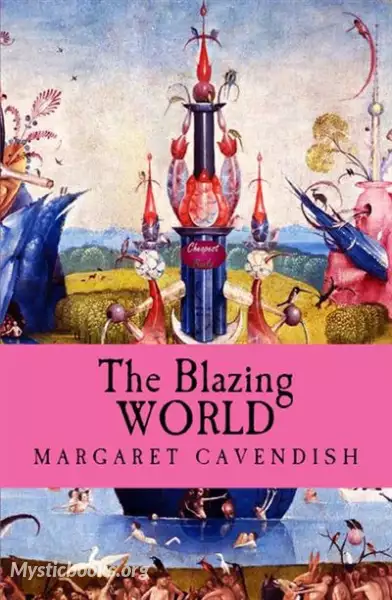
The Blazing World
'The Blazing World' Summary
Blazing World is a fanciful depiction of a satirical, utopian kingdom in another world (with different stars in the sky) that can be reached via the North Pole. According to novelist Steven H. Propp, it is "the only known work of utopian fiction by a woman in the 17th century, as well as an example of what we now call 'proto-science fiction' — although it is also a romance, an adventure story, and even autobiography."
Blazing World opens with a poem written by William Cavendish, 1st Duke of Newcastle. Cavendish's book inspired a notable sonnet by her husband, William Cavendish, 1st Duke of Newcastle-upon-Tyne, which celebrates her imaginative powers. The sonnet was followed by a letter to the reader written by Margaret Cavendish herself. In the letter to the reader, Cavendish divides Blazing World into three parts. The first part being “romancial”, the second “philosophical”, and the third “fancy” or “fantastical”.
The first “romancical” section describes a young woman being kidnapped and unexpectedly being made Empress of The Blazing World. The second “philosophical” section describes the Empress' knowledge and interest in the natural sciences and philosophy. She discusses these topics with the scientists, philosophers, and academics of The Blazing World. In the final “fantastical” section, the Empress acts in the role of a military leader during an invasion. She clothes herself in jewels and special stones that give her the appearance of a deity. When the Empress triumphs over the naval battle, the Blazing World is described again as a utopic empire.
Finally, Cavendish ends Blazing World with an Epilogue to the Reader. In this Epilogue she describes her reasons for writing The Blazing World. She compares creating The Blazing World to the conquests of Alexander the Great and Julius Caesar.
Book Details
Language
EnglishOriginal Language
EnglishPublished In
1666Authors
Download eBooks
Listen/Download Audiobook
- Select Speed
Related books
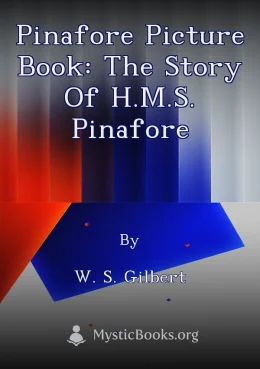
Pinafore Picture Book: The Story Of H.M.S. Pinafore by W. S. Gilbert
This charming adaptation of the classic Gilbert and Sullivan operetta, *H.M.S. Pinafore*, is a delightful read for children and adults alike. Written...
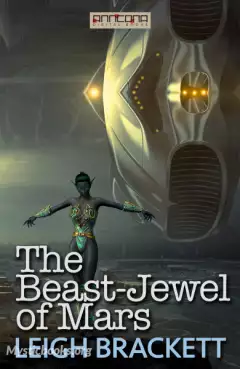
The Beast-Jewel of Mars by Leigh Brackett
Following the suspicious death of his girlfriend, Captain Burk Winters sets off down the dangerous path of a Martian vice called 'Shanga'-- the Going...
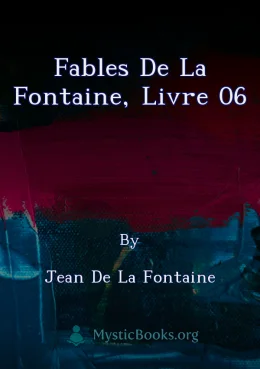
Fables de La Fontaine, livre 06 by Jean de La Fontaine
Dans ce livre sixième comme dans tous les autres livres des Fables de La Fontaine, vous serez à même de constater la fine observation des éternels com...
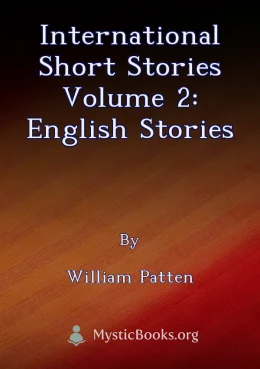
International Short Stories Volume 2: English Stories by William Patten
This anthology, the second in a three-volume set, presents a collection of short stories written by prominent English authors. While primarily focused...
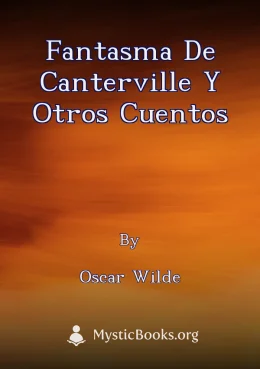
Fantasma de Canterville y otros cuentos by Oscar Wilde
The Canterville Ghost is a humorous and satirical novella by Oscar Wilde. It tells the story of an American family who moves into a haunted English ca...
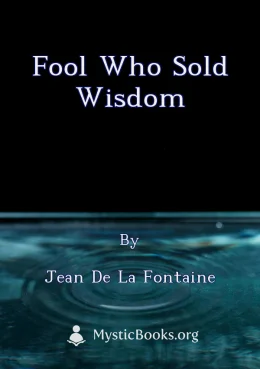
Fool Who Sold Wisdom by Jean de La Fontaine
The Fool Who Sold Wisdom is a collection of fables by Jean de La Fontaine, originally published in the 17th century. The fables are short, witty stori...
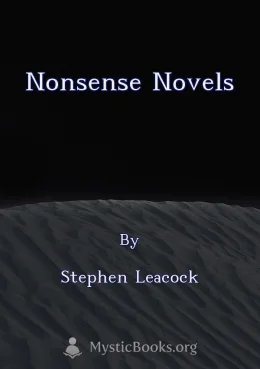
Nonsense Novels by Stephen Leacock
Stephen Leacock's "Nonsense Novels" is a collection of ten short stories that playfully poke fun at various aspects of life. The stories are filled wi...
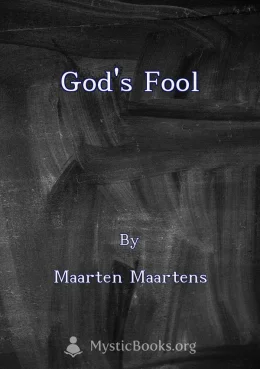
God's fool by Maarten Maartens
Maarten Maartens' "God's Fool" is a satirical novel set in the fictitious Dutch town of Koopstad, where money and social standing are paramount. Elias...
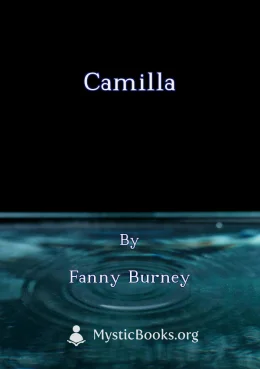
Camilla by Fanny Burney
Camilla, Frances Burney's third novel, delves into the complexities of love, courtship, and societal expectations in late 18th-century England. The st...
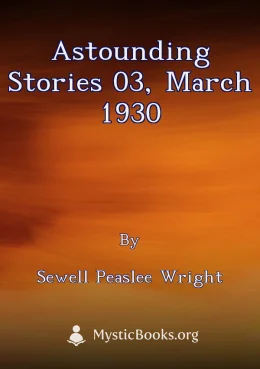
Astounding Stories 03, March 1930 by Sewell Peaslee Wright
Astounding Stories 03, published in March 1930, is a classic anthology of early science fiction. The issue features the opening chapters of a serializ...
Reviews for The Blazing World
No reviews posted or approved, yet...
